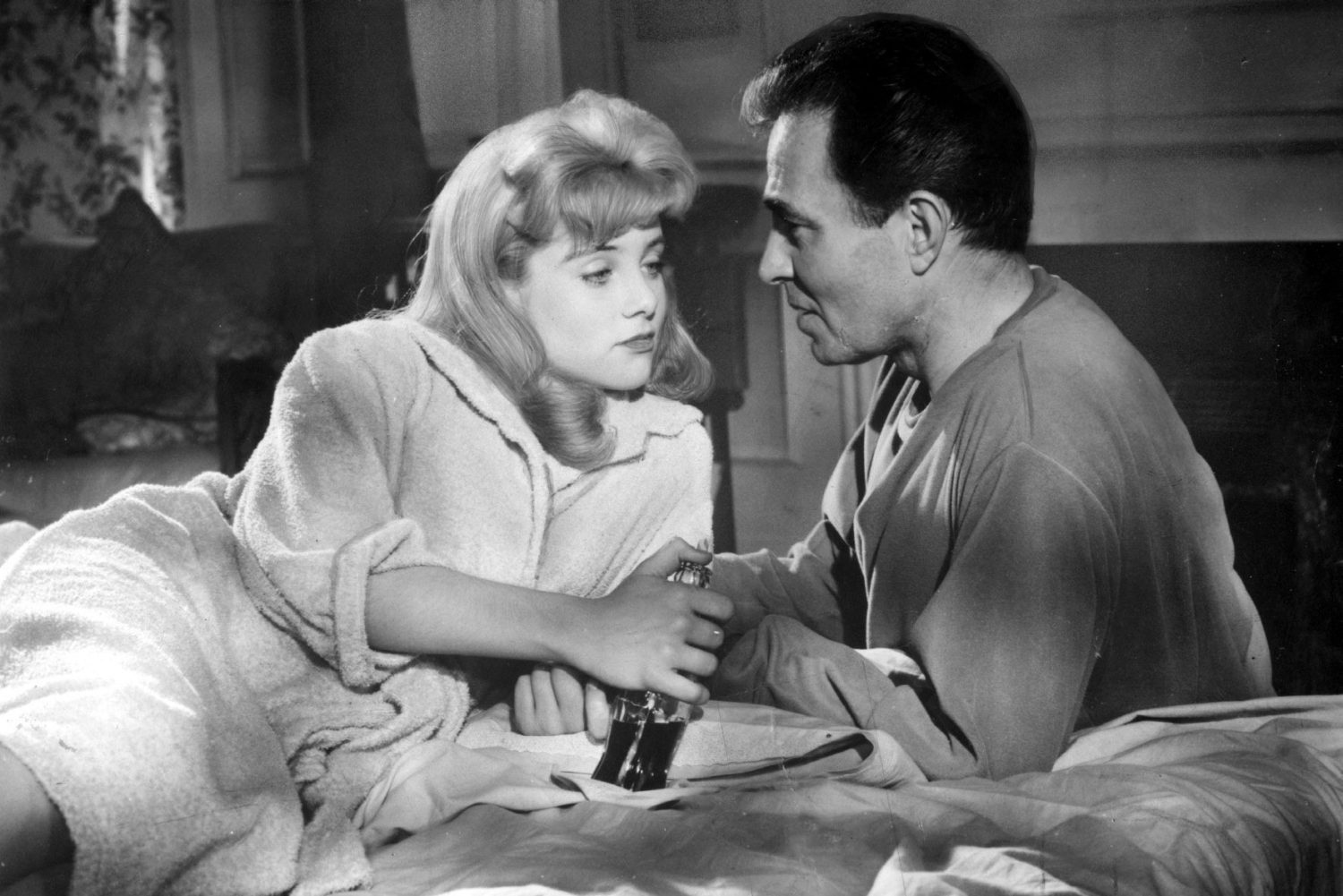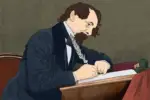TW- pedophilia, grooming
The Russian novel “Lolita” by Vladimir Nabokov is well-known as an infamously banned work due to its controversial subject matter. The story revolves around a man named Humbert Humbert and details his deep infatuation with a 12-year-old girl named Lolita. At first glance, this premise just sounds creepy. The pedophilic content is deeply upsetting to not only those who have read the work, but also those who haven’t. However, this opinion is not universal. In fact, many avid readers are willing to give the novel a try. When readers are able to understand that Nabokov’s work is purely fictional they’re able to appreciate the well-written plot and the powerful language that ties the novel together.
The impressive prose of “Lolita” goes to great lengths to mask its dark subject matter. In all its absurdity, there seems to be poetry in the way that the book is written. Humbert’s attraction to Lolita is absolutely wrong and deluded, yet Nabokov masters the first-person point-of-view through his characterization of the predatory relationship. The novelist transports the readers into Humbert’s psyche, and while they may not empathize with his depravity, they begin to understand it. Viewing the book as an intimate look into his mind allows readers to separate themselves from this morally ugly character.
The cover for one version of “Lolita” includes a quote from Vanity Fair’s review of the book, which dubs it, “The only convincing love story of our century.” While this summary would be complimentary to another title, using it to describe a novel that centers grooming and pedophilia is an insult to love stories everywhere. The novel’s graphic content makes this praise all the more disturbing, as it appears that the magazine approves of and supports the book’s contents. Vanity Fair’s description of the book as a ”love story” is not only questionable, but entirely inappropriate. Most people disagree to such a degree that “Lolita” has been banned from multiple countries since its release in 1955 with a few examples being France, England and Argentina.
In 1962, Stanley Kubrick directed a film adaptation of “Lolita,” and allowed readers to visualize the unsettling words of each page. The black and white film depicts the Humbert-Lolita dynamic so accurately that it feels wrong just watching it. However, Kubrick uses comedic relief to cushion the harsh plot of the book, though his decision to make light of the subject matter is questionable in its own respect. Kubrick’s collaboration with Nabokov ensured that the film would not only resemble the novel but stand alone as its own work. The inclusion of wit and humor in Kubrick’s version makes it much more lighthearted than the original.
In 1997, another film rendition of “Lolita” was released, this one starring Jeremy Irons. In comparison to Kubrick’s witty approach, this version is more grounded in realism. The 1997 movie explores more of Humbert’s insane delusions and Lolita’s agonizing experiences under his thumb. Even if you have never read the book or watched the first adaptation, this film retains the themes of the original story. Its plot studies the dark, sexually immoral elements that encompass “Lolita.” Irons’ convincing performance as Humbert is so off-putting, it may change the way you view him as an actor.
Of course, it’s not outrageous to assume that reception for the film adaptions would be just as negative as that of the novel. The controversy surrounding “Lolita” extends beyond Nabokov’s printed words and into cinema. The immense pop cultural impact of the book has transformed it into a hot topic, but this does not excuse the negative connotations present in the novel.
Many TikTok users have confessed to watching the film when they were too young for its mature themes. The harmful topics and plotlines of “Lolita” and similar works are concerning since they can affect the cognitive development of young people. These stories can also impact young viewers by damaging their self-perception and their understanding of appropriate relationships. Because of these potential dangers, “Lolita” should be watched and read with an open, but not vulnerable mind.
In its entirety, “Lolita” is a unique novel that inspired two disturbingly accurate film adaptions. The book has shaped many other unsettling plots since its debut. Furthermore, it has become an iconic part of pop culture, and continues to spark conversations. The discourse on Nabokov’s works and those who admire them leaves us wondering whether we should be engaging with these shocking pieces of media.
Despite the story being entirely fictitious, it begs the question as to how Nabokov was able to effectively envision Humbert’s mindset. Whether his process of writing the character was based on personal or completely imagined experiences is entirely unknown to the readers. Keeping this in mind, readers should carefully consider the implications of engaging with works like “Lolita.”

















